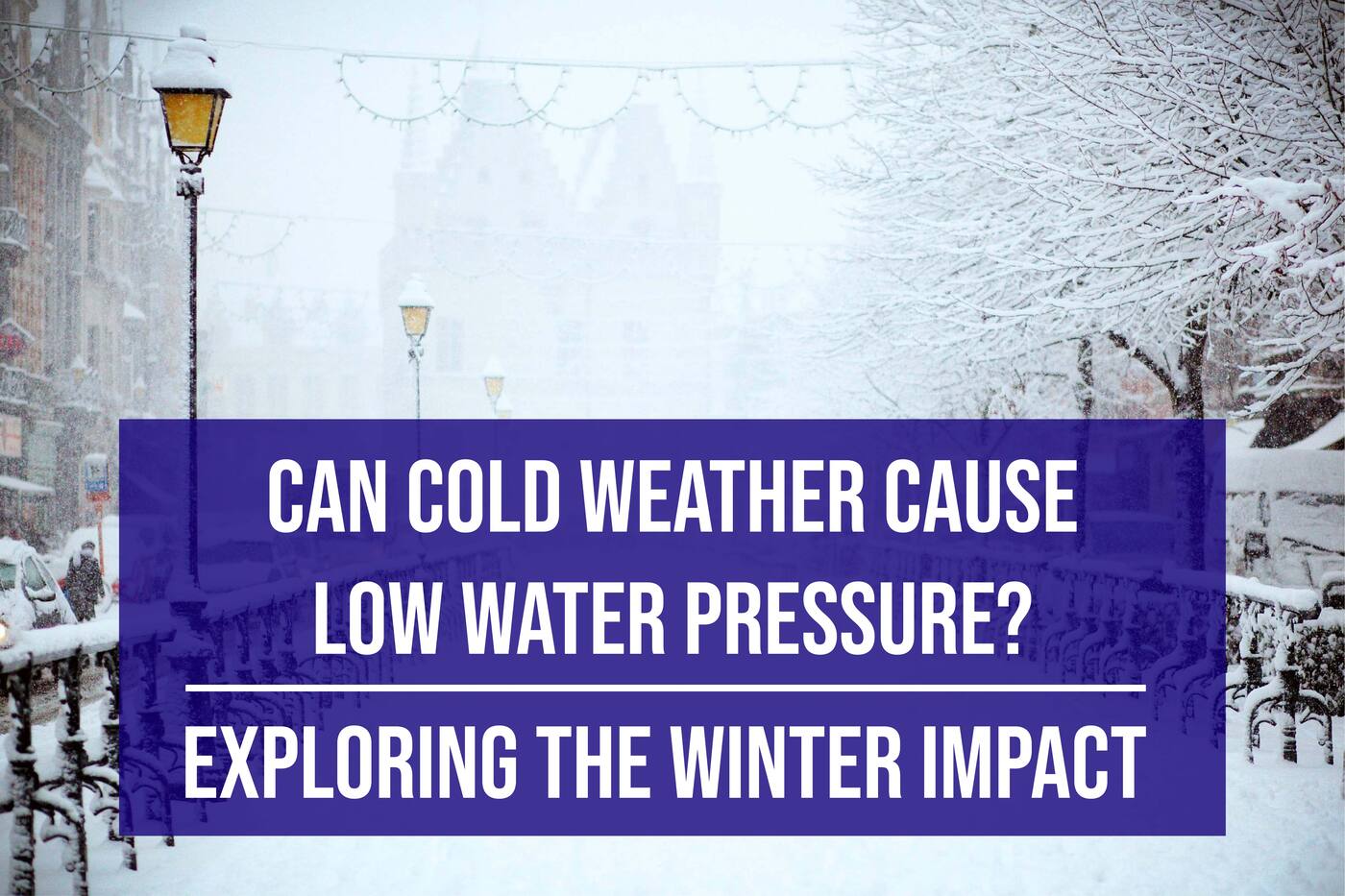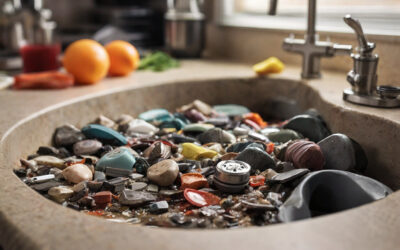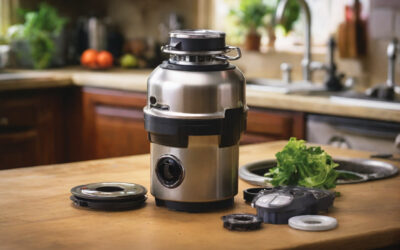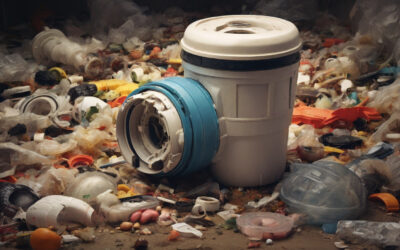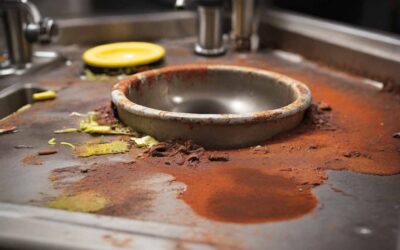As winter tightens its icy grip, homeowners often face a perplexing issue – a sudden, unexplained decline in water pressure. Join us on a detailed journey as we untangle the complex ties between cold weather and water pressure, unveiling the factors at play. This exploration aims to demystify the challenges posed by freezing temperatures, offering practical insights to help you navigate the winter months with confidence. Discover the secrets behind maintaining consistent water flow when the mercury drops, ensuring your plumbing system weathers the season seamlessly. In this blog we will answer a question: Can cold weather cause low water pressure?
The relationship between temperature and water density
In the intricate relationship between cold weather and water density, a pivotal role emerges in deciphering the phenomenon of reduced water pressure. As temperatures take a plummeting dive, the once freely moving water molecules respond by drawing closer together, creating a denser composition.
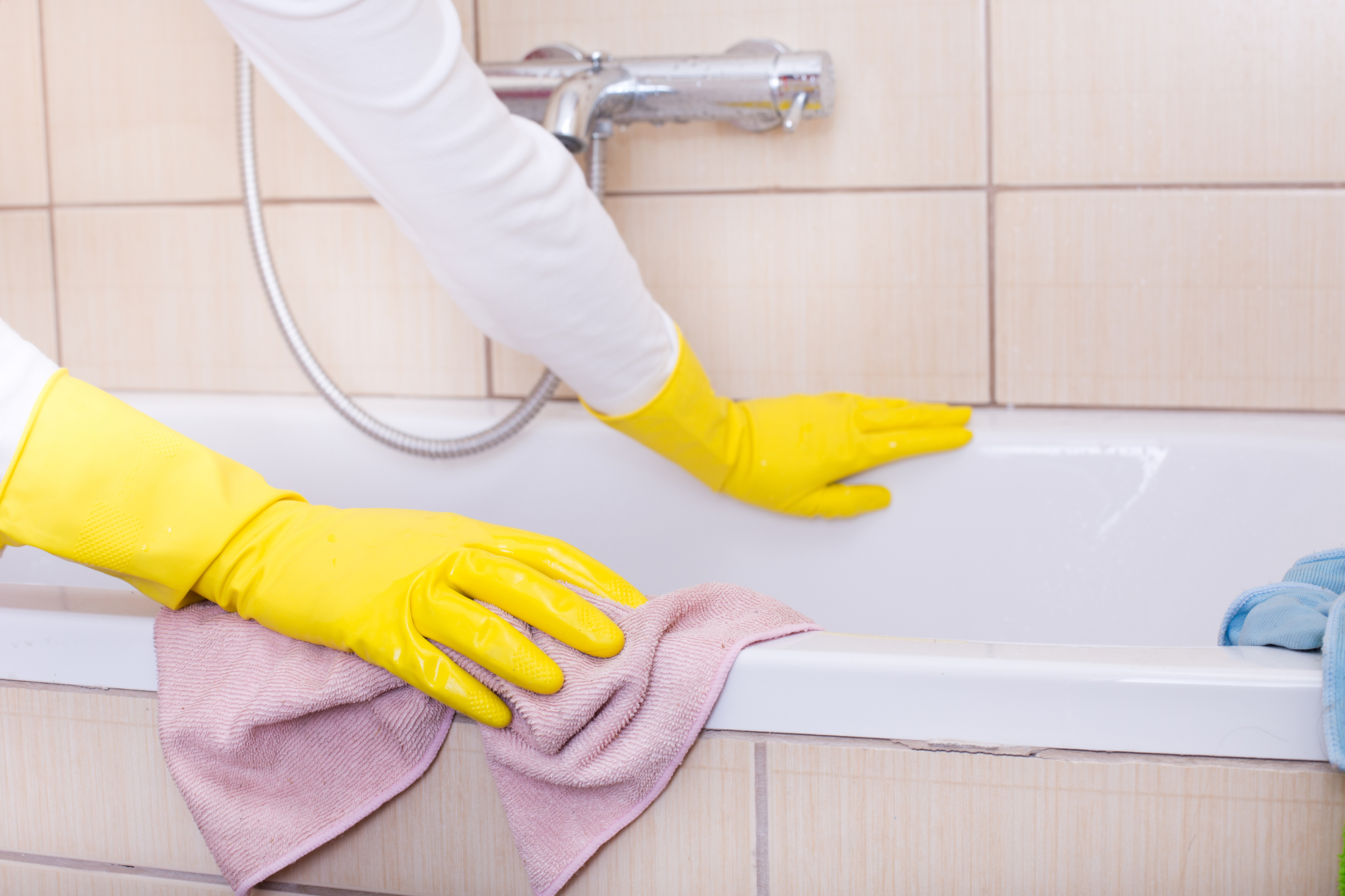
This notable increase in density becomes the harbinger of a potential decrease in water pressure within our plumbing systems. Picture it as a molecular choreography orchestrated by the chill in the air—water molecules performing a synchronized dance, moving more closely and deliberately. This dance, fueled by the cold, sets the stage for a decrease in pressure, impacting the flow within pipes.
Delving into this connection not only reveals the intricacies of the molecular ballet but also provides a foundational understanding of the challenges imposed by cold weather on our plumbing infrastructure.
Can cold weather cause low water pressure
Yes, cold weather can indeed cause low water pressure. This is often due to several factors:
- Freezing pipes: In cold temperatures, water pipes can freeze, leading to blockages and reduced water flow. When water freezes, it expands and can create obstructions within the pipes, restricting the flow of water.
- Contraction of materials: Cold temperatures cause materials, including metal and plastic pipes, to contract. This contraction can result in a reduction in the overall diameter of the pipes, limiting the volume of water that can pass through.
- Reduced water density: Cold water has a higher density than warm water. As temperatures drop, the water in the pipes becomes denser, potentially leading to decreased water pressure.
- Valve malfunctions: Cold weather can affect the proper functioning of valves in the water supply system. If these valves don’t operate correctly, they can restrict water flow and contribute to lower water pressure.
To mitigate these issues, it’s essential to insulate pipes, maintain a consistent temperature in your home, and address any leaks promptly. Taking these precautions can help prevent low water pressure during cold weather.
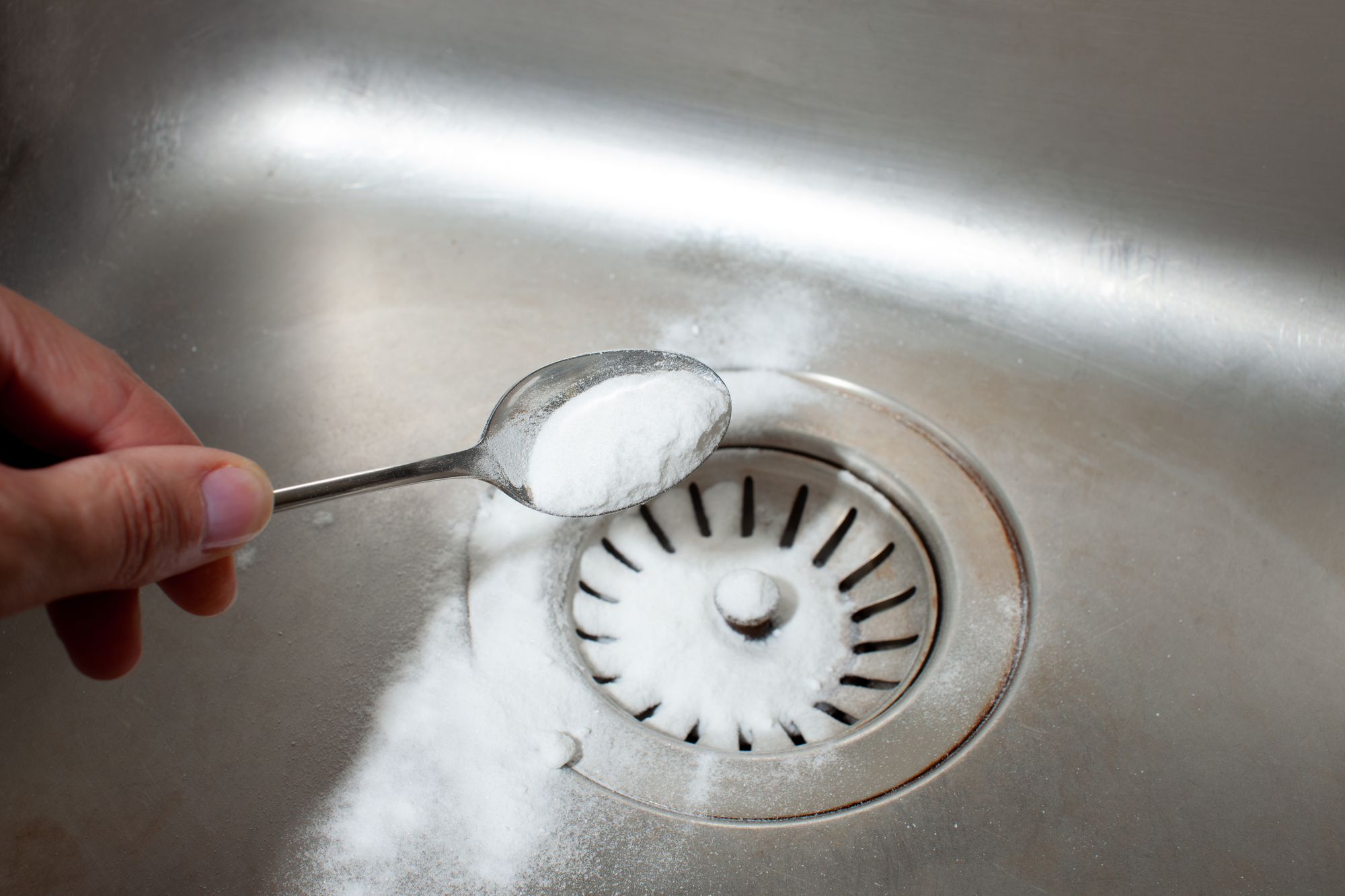
Seasonal variations impacting water pressure
- Cold Weather contraction: In colder seasons, water pipes contract due to lower temperatures, potentially leading to decreased water pressure.
- Ice buildup: Freezing conditions can cause ice to accumulate within pipes, restricting water flow and further contributing to reduced pressure.
- Increased demand in warm seasons: Warmer months often bring higher water demand for outdoor activities like gardening and cleaning, straining the supply system and potentially lowering pressure.
- Precipitation impact: Seasonal variations in precipitation can affect water sources, influencing availability and pressure levels.
- Municipal adjustments: Municipalities may need to adjust water distribution systems to accommodate seasonal demands and maintain optimal pressure levels.
- Weather and usage dynamics: Understanding the interplay between weather patterns and user behavior is crucial for effectively managing water pressure fluctuations throughout the year.
- Efficient supply maintenance: Recognizing and addressing these seasonal variations is essential for municipalities to ensure a reliable and efficient water supply for residents.
Household precautions for avoid low water pressure
Maintaining optimal water pressure is crucial for a seamless household experience. Implement these precautions to safeguard against inconvenient low pressure.
Leak detection and repair
Regularly inspect your plumbing system for leaks, no matter how small. Addressing leaks promptly prevents unnecessary water loss and helps maintain optimal pressure throughout your household.
Insulation for pipe stability
Ensure that your pipes are adequately insulated, particularly in colder climates. This precaution prevents contraction due to temperature changes and minimizes the risk of blockages that can contribute to low water pressure.
Pressure regulation installation
Install water pressure regulators in your system to control and maintain consistent pressure levels. This safeguards your fixtures and appliances from potential damage while ensuring a steady and reliable water flow.
Aerators and shower head maintenance
Periodically clean faucet aerators and showerheads to remove mineral deposits. This simple maintenance routine prevents clogs, promoting unrestricted water flow and preventing pressure loss.
Mindful water usage
Be conscious of water usage during peak hours. Excessive demand can strain the system, leading to temporary pressure drops. Distribute water usage more evenly throughout the day to avoid unnecessary pressure fluctuations.
Professional plumbing consultation
If you experience sudden pressure drops or suspect issues, consult with a professional plumber. Their expertise can identify and address underlying problems, ensuring a consistently reliable water pressure in your household.
By adopting these measures, you ensure a steady water flow, preventing disruptions and optimizing the performance of your household plumbing.
Plumbing maintenance for low water pressure in cold
Cold weather can contribute to low water pressure in plumbing systems. To counter this, implementing proactive maintenance measures is essential for a consistent and reliable water supply.
1. Insulation and heat tracing:
Start by insulating exposed pipes to minimize the risk of contraction and freezing. Utilize heat tracing cables in vulnerable areas to maintain a consistent temperature, preventing blockages and ensuring steady water flow.
2. Regular leak checks:
Perform regular checks for leaks, especially in colder months. Even minor leaks can exacerbate pressure issues. Prompt repairs will preserve water pressure and prevent further damage to the system.
3. Adjust pressure regulator:
Consider adjusting the water pressure regulator to accommodate seasonal changes. Fine-tuning this device ensures optimal pressure levels, preventing excessive strain on the system during cold weather.
4. Thawing frozen pipes:
If freezing has occurred, carefully thaw frozen pipes using a gentle heat source. This prevents damage and allows for the restoration of normal water pressure once the pipes are unfrozen.
5. Professional inspection:
For a comprehensive solution, enlist the services of a professional plumber. Their expertise can identify underlying issues and implement tailored solutions to address low water pressure in cold weather effectively.
By combining these maintenance strategies, you can mitigate the impact of cold weather on water pressure, ensuring a resilient plumbing system year-round.
Conclusion
In conclusion, the question remains pertinent: Can cold weather cause low water pressure? As explored, the impact of cold temperatures on plumbing systems is undeniable. From pipe contraction to potential freezing and decreased water flow, these factors collectively contribute to pressure issues. Implementing proactive measures, such as insulation, regular checks, and professional assistance, is crucial to mitigate the effects of cold weather on water pressure. By understanding and addressing these challenges, homeowners can ensure a reliable and efficient plumbing system even during the coldest seasons. So, in navigating the complexities of winter, the answer to the question becomes a key consideration for maintaining optimal water pressure.

